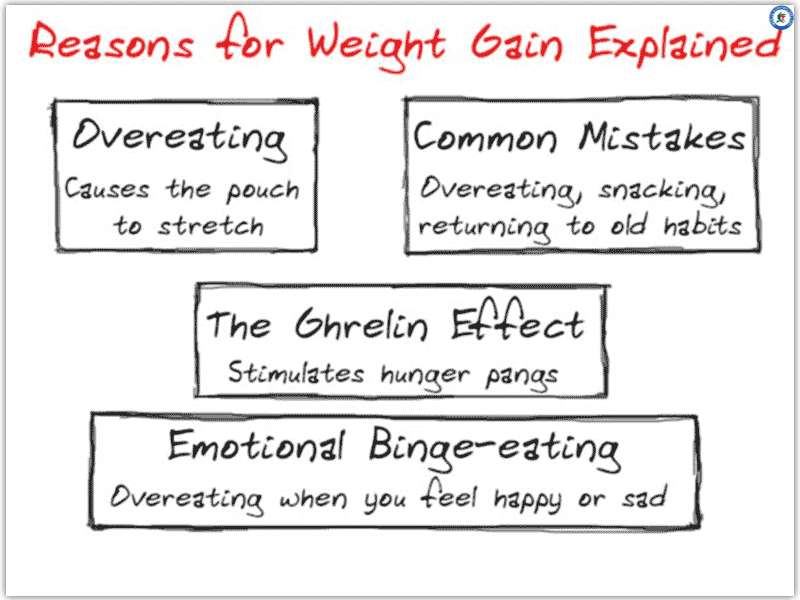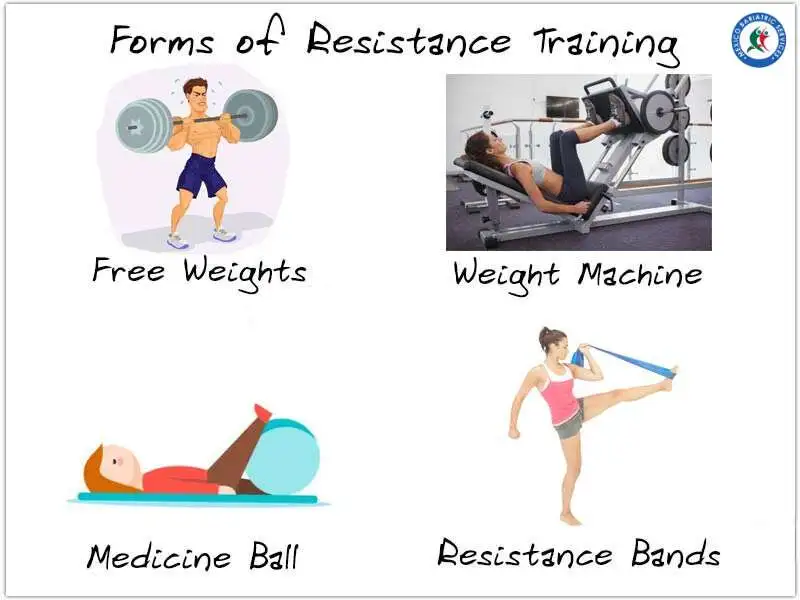Weight Management After Injury Post Bariatric Surgery
Medically Reviewed by Katelyn J. Mock, US-Registered Dietician (R.D.)
When the body has suffered an injury, and the person is not able to exercise, maintenance of weight after bariatric surgery comes down to their diet.
It becomes important to track the level of one’s physical activity, and the number of calories being burnt and manage the diet accordingly.
Monitoring Your Diet
- A simple dietary change would be to eliminate sweets and refined carbohydrates. [1]Wayne, Jake, “How to Lose Weight While Injured.” Livestrong.com Published 18 July 2017. 22.6.18
View in Article - Excess of nutrition should be avoided as well. Alcohol should be avoided. For an injured person who is trying to lose weight, a balanced diet with controlled calories is necessary. [2]Tipton, Kevin D. “Nutritional Support for Exercise-Induced Injuries.” Sports Medicine (Auckland, N.z.)45 (2015): 93–104. PMC. Web. 22 June 2018.
View in Article
Why We Gain Weight After an Injury?
- Weight gain after an injury typically occurs because you are not able to be as active as before the injury.
- Many individuals also notice that staying indoors while recouping from an injury, they also develop some boredom and hunger and tend to snack or graze more between meals.
- Since your body is not able to be as active while it is healing, it also tends to lose some muscle mass.
- If you are eating more than your body needs and are not able to burn those excess calories, the body stores those extra nutrients as fat.
- So, in essence, we lose muscle which helps burn calories at rest, and it gets replaced with fat or adipose tissue.
- This oftentimes makes attempts at weight loss after an injury more difficult.

Physical Activities to Do After an Injury
Here are some of the exercises we recommend to our bariatric clients that help build lean muscle tissue and aid in weight loss after an injury:
First, talk to your physician about what activities are safe for your specific injury.
We also recommend talking to your physician about a referral to a physical therapist who can set up specific exercises to get you healed in a timely manner.
Pending your injury, some good exercises to try are –
- Swimming (low impact and weightless environment)
- Walking (maybe adding some hand or ankle weights)
- Resistance exercises, such as lifting hand weights if you have a lower-body injury
- Focusing on machines that work the lower body if you have an upper-body injury

Setting Up a Meal Routine
- Take some time to prepare meals at home.
- Work on making a grocery list for the week.
- Make sure to plan for days that are probably going to be busier than others.
- This ensures that you have items at home to make a quick and convenient meal or something that can be reheated.
Preventing Injury After Bariatric Surgery
As crucial as it is to exercise after weight loss surgery, it is equally important to avoid any injuries.
- Do not start with vigorous exercise.
- Build up your stamina slowly as over-enthusiasm can lead to injuries and that will delay your journey towards a fitter you.
- If unwell, please do not exercise or put yourself under any physical strain until recovered.
A study conducted in 2013 states that it is important to counsel all bariatric patients on postoperative physical activity so that they can exercise without injuring themselves and derive optimum benefits from their surgery. [3]King, Wendy C, and Dale S Bond. “The Importance of Pre and Postoperative Physical Activity Counseling in Bariatric Surgery.” Exercise and sport sciences reviews1 (2013): 26–35. PMC. Web. 22 June 2018.
View in Article
Talk to your doctor to understand the intensity of physical activity that your body can tolerate.
References
- Wayne, Jake, “How to Lose Weight While Injured.” Livestrong.com Published 18 July 2017. 22.6.18
- Tipton, Kevin D. “Nutritional Support for Exercise-Induced Injuries.” Sports Medicine (Auckland, N.z.)45 (2015): 93–104. PMC. Web. 22 June 2018.
- King, Wendy C, and Dale S Bond. “The Importance of Pre and Postoperative Physical Activity Counseling in Bariatric Surgery.” Exercise and sport sciences reviews1 (2013): 26–35. PMC. Web. 22 June 2018.

